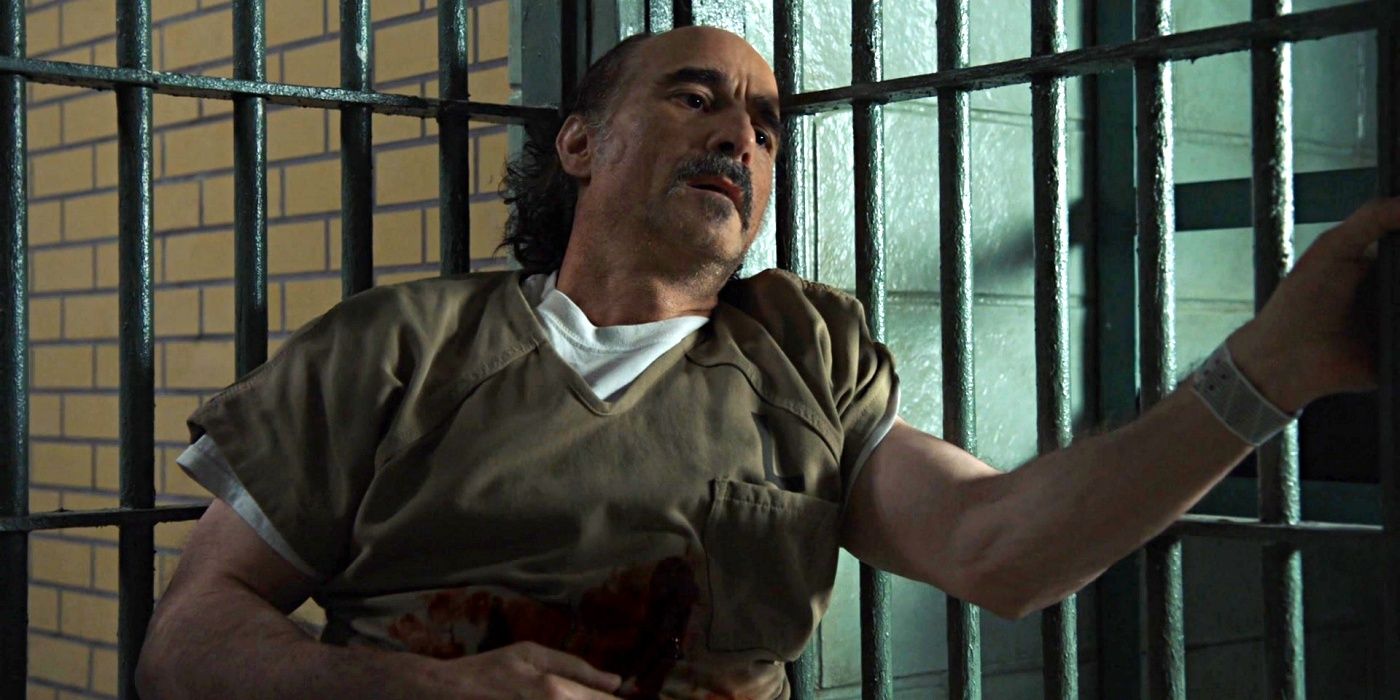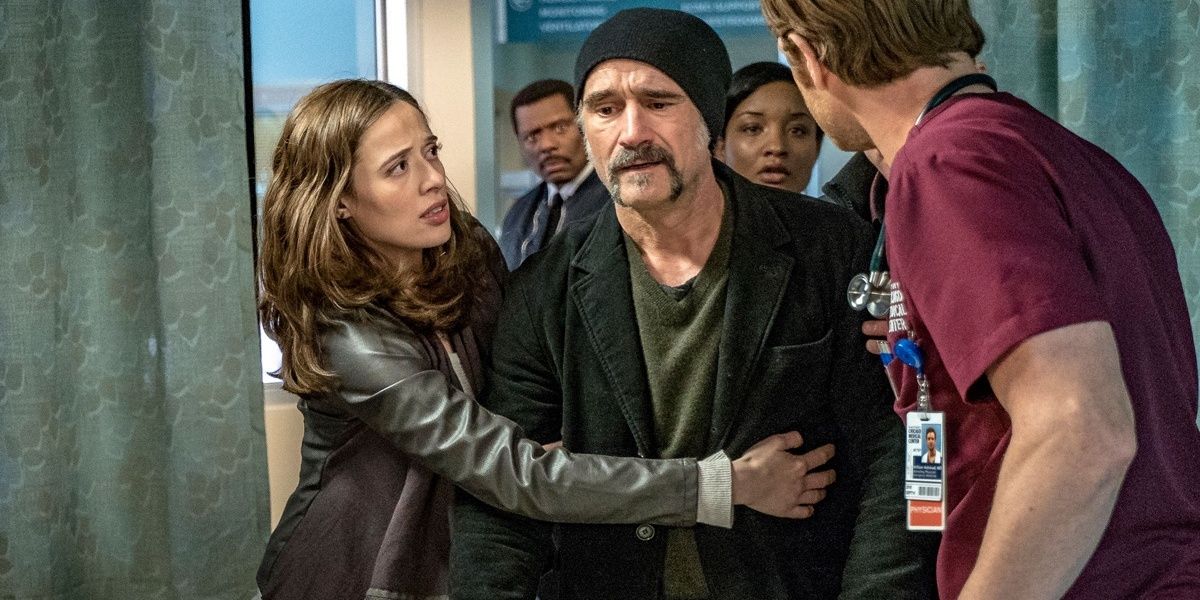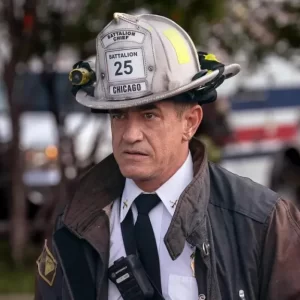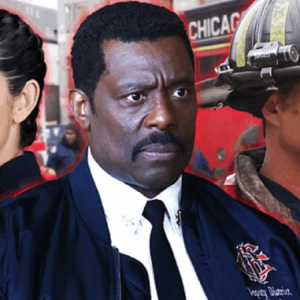For longtime fans of Chicago P.D., few moments in the series’ history have left as deep a scar as the death of Detective Alvin Olinsky. It wasn’t just the loss of a character — it was an emotional earthquake that forever altered the tone of the show and reshaped the heart of Sergeant Hank Voight. Even years later, the pain of Olinsky’s departure lingers, and fans still find themselves grieving a figure who felt more like family than fiction.
So why does it still hurt?
To understand that, we have to go back to the beginning. Alvin Olinsky, portrayed with quiet intensity by Elias Koteas, was far more than a member of the Intelligence Unit. He was its soul — the calm in the storm, the steady hand in chaos. With his streetwise instincts, dry humor, and unwavering loyalty, Olinsky didn’t need to raise his voice to command attention. He understood the city. He understood Voight. And most importantly, he understood the heavy burden of wearing the badge.

His bond with Voight was forged not through protocol but through shared trauma, hard-earned trust, and a willingness to cross the line in the name of justice. Their partnership wasn’t clean or easy — it was gritty, real, and deeply human. They didn’t just watch each other’s backs; they carried each other’s secrets. In a world where justice often exists in shades of gray, Olinsky and Voight operated in the shadows, trying to do right in the only way they knew how.
Accused of murdering the man who had killed Voight’s son, Justin, Olinsky found himself abandoned by the very system he had loyally served. His arrest was shocking. His imprisonment felt like betrayal. And just when fans hoped for redemption or rescue, the unthinkable happened — Olinsky was stabbed by another inmate and later died in the hospital.
The aftermath was devastating. Voight — the hardened leader known for his ruthlessness and composure — was shattered. The grief he displayed wasn’t theatrical; it was raw and unfiltered. He knew, deep down, that Olinsky was behind bars because of their bond — because of the secrets Voight had kept. In Voight’s eyes, Olinsky had paid the price for his loyalty, and that price was ultimate.
The scene of Voight by Olinsky’s hospital bed remains one of the most heartbreaking in the One Chicago universe. With no dramatic music or final goodbyes, just Jason Beghe’s broken voice and tear-filled eyes, viewers were reminded of what made the show special. It wasn’t just about crime or action — it was about people. Painfully flawed, deeply loyal people.

The writers could have chosen to save Olinsky. They could have written a dramatic escape, a last-minute pardon, or even a miracle recovery. But they didn’t. And in doing so, they made a bold choice — one that grounded Chicago P.D. in harsh, emotional reality. Actions have consequences. Loyalty has a cost. And sometimes, the good guys don’t get out alive.
Elias Koteas’ exit from the series shocked fans worldwide. Social media lit up with reactions, theories, and pleas for his return. But while many mourned his absence, others came to understand the weight of the decision. Olinsky’s death wasn’t just a plot twist — it was a turning point. It gave the show emotional depth. It opened the door to new, more complicated stories about grief, justice, and vengeance.
Since that moment, Chicago P.D. has never quite felt the same. Voight’s darkness deepened. The Intelligence Unit felt colder, more detached. The rare moments of levity that Olinsky used to provide disappeared. His absence became a silent presence — one that hovered in the background of every decision Voight made and every risk the team took.
In interviews, Elias Koteas has spoken with nothing but gratitude about his time on the show. He understood that Olinsky’s death mattered — that it meant something. It allowed the show to evolve and explore the emotional cost of living a life in the shadows of justice. Because Alvin Olinsky wasn’t just a character. He represented a different era — one of loyalty, grit, and quiet integrity. He was the kind of man who didn’t need the spotlight to make a difference. He reminded viewers that true heroes don’t always wear capes or get recognition. Sometimes, they wear old leather jackets and stay silent — doing the right thing even when no one is watching.
In a landscape full of fast-paced crime dramas, Chicago P.D. stood out because it made audiences care — deeply. And no storyline captured that emotional weight better than the loss of Alvin Olinsky.





